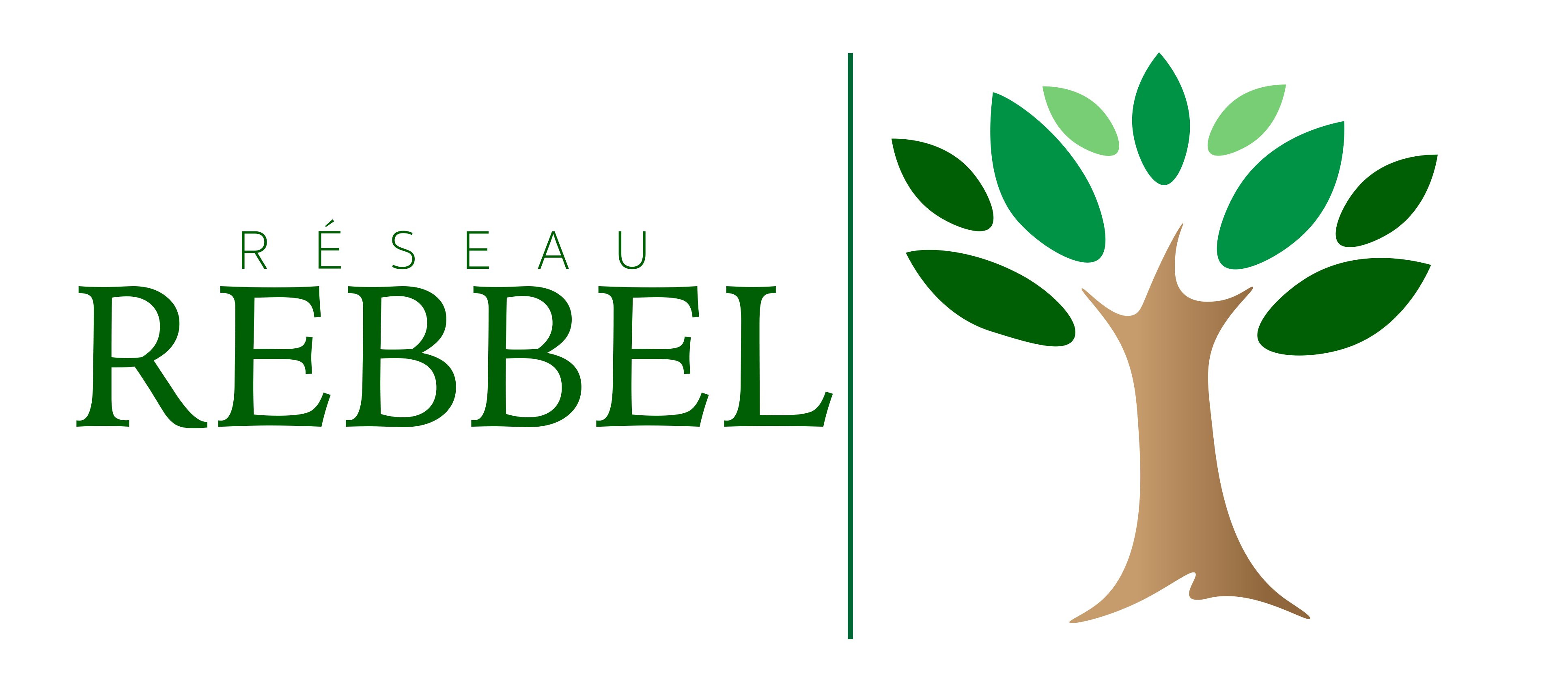Drawing on qualitative data collected during the first phase of an intervention-research, this study explores the concept of “social-ecological transition” (SET) from the perspectives of youth eco-activists. As a multi-level approach to intersecting social and ecological crisis, this notion has yet been examined from a social work viewpoint and limited knowledge is available regarding how it is being appropriated and envisioned in non-scientific spaces. Considering the need to increase youth parti- cipation in ecosocial work and climate governance, youth eco- activists from Canada (N = 10) were interviewed to explore their definitions of the SET and to better understand youth-specific issues related to climate change and climate action. A focus group was conducted with five of those same youth and aimed to foreground their experiential knowledge to collaboratively refine the ecosocial component of a sport and nature- based program, implemented at a subsequent phase of the research. Findings show that youth focus especially on socio- cultural elements of the transition, therefore expanding current understandings of the SET. Three main components are mapped-out (Intersectional climate justice, Intergenerational allyship, Place-based connections) and reveal that collaborations, solidarities, and connections are at the heart of eco-activists’ narratives. Key considerations for ecosocial work practice are discussed by centering youth voices, thus showcasing the need for increased experiential learnings to (re)connect with nature and community. The concept of relational ecological justice is proposed to capture a nuanced, non-dichotomic posi- tion concerning the ecocentrism/anthropocentrism debate, an approach that invites to renegotiate the ontological boundaries of ecosocial work.
Emmanuelle Larocque (2023): Co-envisioning the social-ecological transition through youth eco-activists’ narratives: toward a relational approach to ecological justice, Journal of Community Practice, DOI: 10.1080/10705422.2023.2208577

